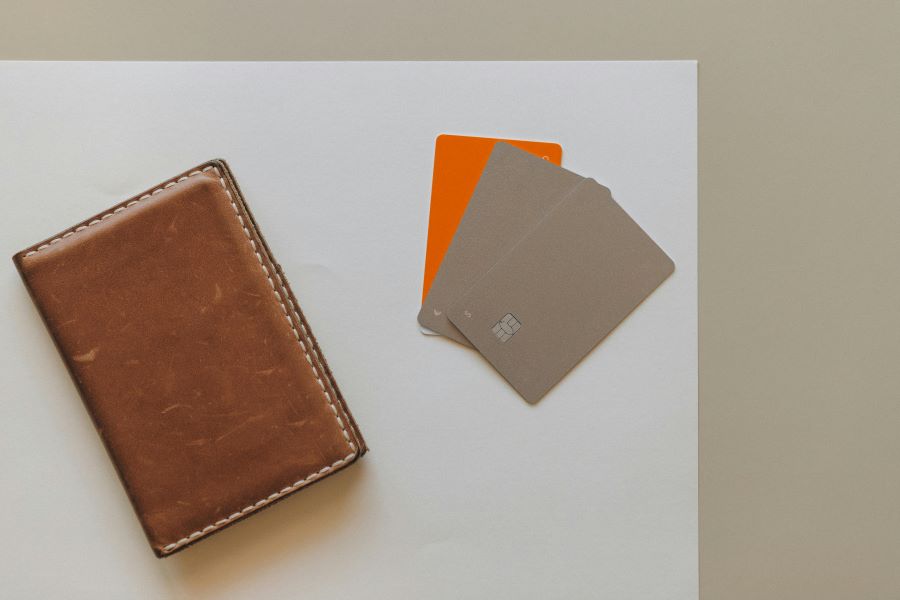Credit reports play a crucial role in your financial life, influencing your ability to secure loans, get favourable interest rates, and even obtain employment in some cases. Given their importance, it’s vital to ensure your credit report is accurate.
Unfortunately, errors can and do occur, potentially affecting your credit score and financial health. If you discover an error on your credit report, it’s essential to act quickly to correct it.
Looking to get a new credit card? Choose the Airtel Axis Bank Credit Card from Airtel Finance and enjoy the multiple rewards! Low joining fees, low interest rates, relaxed eligibility criteria and much more. Apply from the Airtel Thanks app today!
Here’s a comprehensive guide on how to fix an error in your credit report.
Understanding Your Credit Report
Before you can fix an error, you need to understand your credit report. Your credit report is a detailed record of your credit history, compiled by credit bureaus (Experian, Equifax, and TransUnion). It includes information about your credit accounts, payment history, credit inquiries, and public records. Regularly reviewing your credit report can help you spot errors early and address them promptly.
Read more: CIBIL score for credit card – minimum and maximum
Identifying Errors
Common errors in credit reports include incorrect personal information, accounts that don’t belong to you, incorrect account status, and outdated information. Identifying these errors involves carefully reviewing each section of your credit report. Look for discrepancies in your personal information (such as name, address, and Social Security number), and check that all accounts listed are actually yours and reflect accurate information regarding payment history and balances.
Gathering Documentation
Once you’ve identified an error, gather documentation to support your claim. This may include bank statements, payment receipts, letters from creditors, or any other relevant documents. Having concrete evidence to back up your dispute will strengthen your case and increase the likelihood of a successful resolution.
Read more: Factors that determine your credit score
Filing a Dispute with the Credit Bureau
The next step is to file a dispute with the credit bureau that issued the report containing the error. You can do this online, by phone, or by mail. Each credit bureau has a slightly different process, but the basic steps are similar:
- Online Dispute: Visit the credit bureau’s website and follow the instructions for filing a dispute. You’ll need to provide details about the error and upload any supporting documentation.
- Phone Dispute: Call the credit bureau’s customer service number and provide the necessary information. Be prepared to mail in your supporting documentation if required.
- Mail Dispute: Write a dispute letter explaining the error and include copies (not originals) of your supporting documentation. Send your letter via certified mail, with a return receipt requested, to ensure it’s received.
Contacting the Creditor
In addition to filing a dispute with the credit bureau, it’s a good idea to contact the creditor who reported the incorrect information. Inform them of the error and provide any supporting documentation. Creditors are required to investigate disputes and correct any inaccuracies. By addressing the issue with both the credit bureau and the creditor, you increase the chances of a timely resolution.
Read more: How to get a credit card with a low CIBIL score in India?
Follow-Up and Resolution
Credit bureaus typically have 30 days to investigate your dispute and respond. During this period, they will contact the creditor and review your evidence. If the investigation confirms an error, the credit bureau will correct your credit report and provide you with a free updated report. If the dispute is not resolved in your favour, you can request that a statement of the dispute be included in your credit report.
FAQs
Q: How long does it take to correct an error on my credit report?
A: The credit bureau typically has 30 days to investigate your dispute. Once the investigation is complete, they will inform you of the results and update your credit report accordingly. It may take additional time for the corrections to reflect on your report.
Q: Will disputing an error affect my credit score?
A: Disputing an error itself does not directly affect your credit score. However, if the error is corrected and it results in changes to your credit utilization or payment history, your credit score may be impacted accordingly.
Q: Can I dispute errors online or do I need to mail a letter?
A: You can typically dispute errors online through the credit bureaus’ websites, but mailing a letter with supporting documentation is often recommended for more complex disputes or when you want to ensure documentation is received.
Q: What if the creditor does not respond to the credit bureau’s investigation?
A: If the creditor does not respond to the credit bureau’s investigation within a reasonable timeframe, the disputed information may be removed from your credit report based on your dispute and supporting documentation.
Q: Can I dispute errors on my credit report after identity theft or fraud?
A: Yes, if you are a victim of identity theft or fraud, you have the right to dispute errors resulting from fraudulent activity on your credit report. Contact the credit bureaus immediately and follow their procedures for disputing fraudulent information.
In conclusion, correcting errors in your credit report is essential for maintaining an accurate credit history and ensuring fair treatment by creditors. By reviewing your credit reports regularly, identifying discrepancies, and following the dispute process outlined above, you can protect your credit score and financial well-being.


 Get App
Get App  Airtel Store
Airtel Store  Login
Login 



